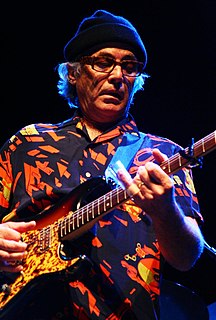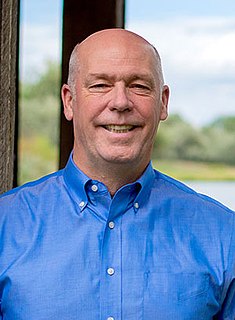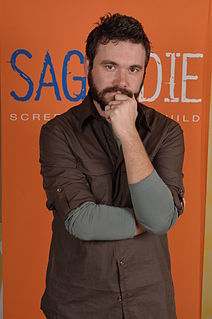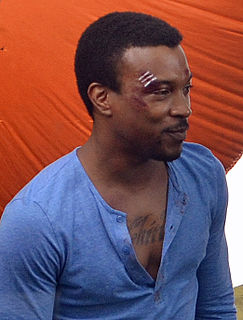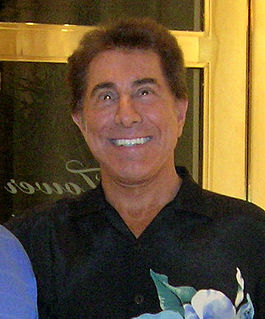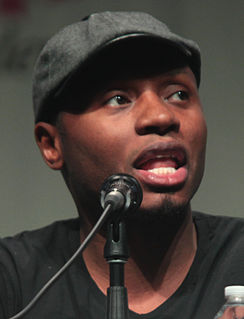A Quote by Eugene Jarecki
If we went back to the imprisonment rate we had in the early '70s, something like four out of five people employed in the prison industry would lose their jobs. That's what you're up against.
Related Quotes
Everybody who works in the computer industry is in an industry that didn't exist twenty-five years ago. We are talking on cell phones, and there were no such things. All the people who work for Nextel and so on, those are lost jobs that became found jobs. We are in a constant state of changing, and there are numerous opportunities in a time like this, but people are still going back to the fear.
Back in the early '70s, when Susie and I were first married, we had a little house that we rented, and we used to have parties. People would come, and they wouldn't leave. I used to get so tired. I'd put on the Stanley Brothers, 'Songs for the Good People,' and the house would clear in five minutes. It was not liked; it was alien. It was weird.
Looking back on it now, I understand why that was not possible [to express ourselves], because the pottery employed a dozen people, not all of whom are making pots. And these people had families, children, and they had to have a wage that would allow them to raise their family and they had to get a paycheck every Friday afternoon. So if we had not made pots that would sell it, would not have been possible for these people to be employed.
Staying interested in a match is a lot harder than many people think. Throughout my career, I've always had trouble in the early rounds of a tournament mainly because it was hard for me to psychologically get up until I got to the quarters or the semis. What happened a lot of times is that I would fall behind early, maybe even lose the first couple of sets in a five-set match and then begin to concentrate. Still it wasn't something I could control from the start.
During the 1960s, one neighborhood in San Francisco had the lowest income, the highest unemployment rate, the highest proportion of families with incomes under four thousand dollars a year, the least educational attainment, the highest tuberculosis rate, and the highest proportion of substandard housing ... That neighborhood was called Chinatown. Yet, in 1965, there were only five persons of Chinese ancestry committed to prison in the entire state of California.
I did four movies where I gained, like, fifty pounds. I had curly hair, and I had all of this facial hair. I had put on all this weight for these movies, and I did four or five of them back-to-back. Then I cut the weight and I got fit again. I cut my beard and I took away the mustache, and people were like, 'What are you doing?'


